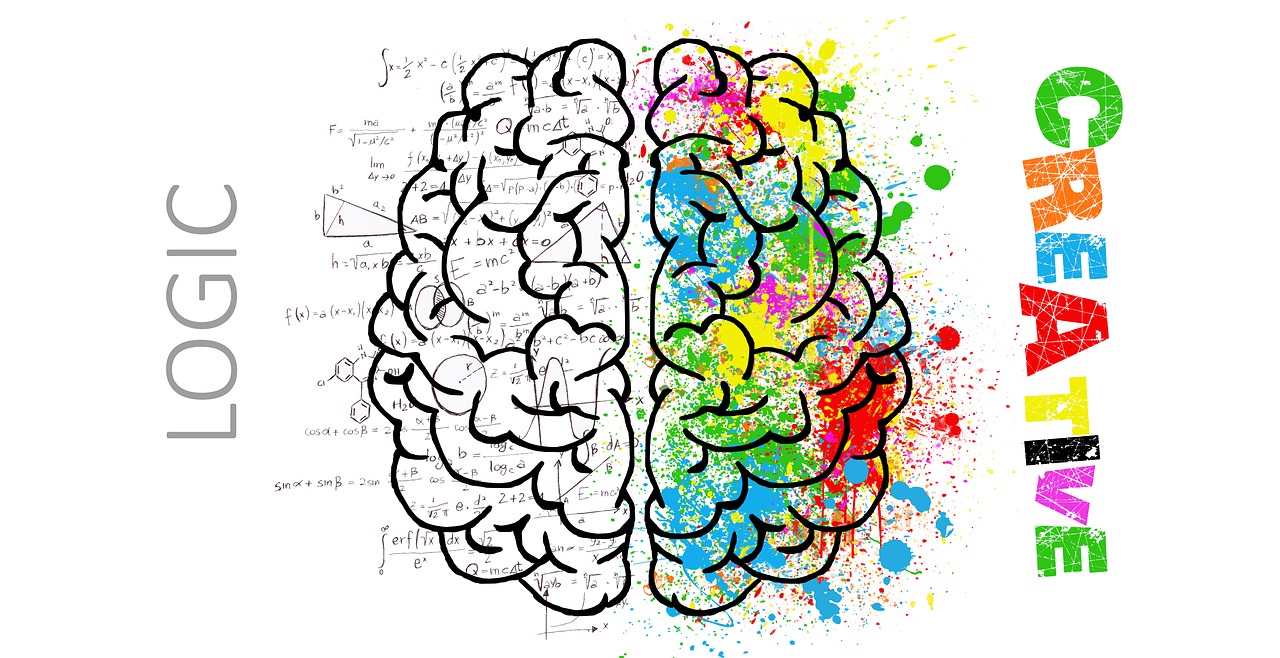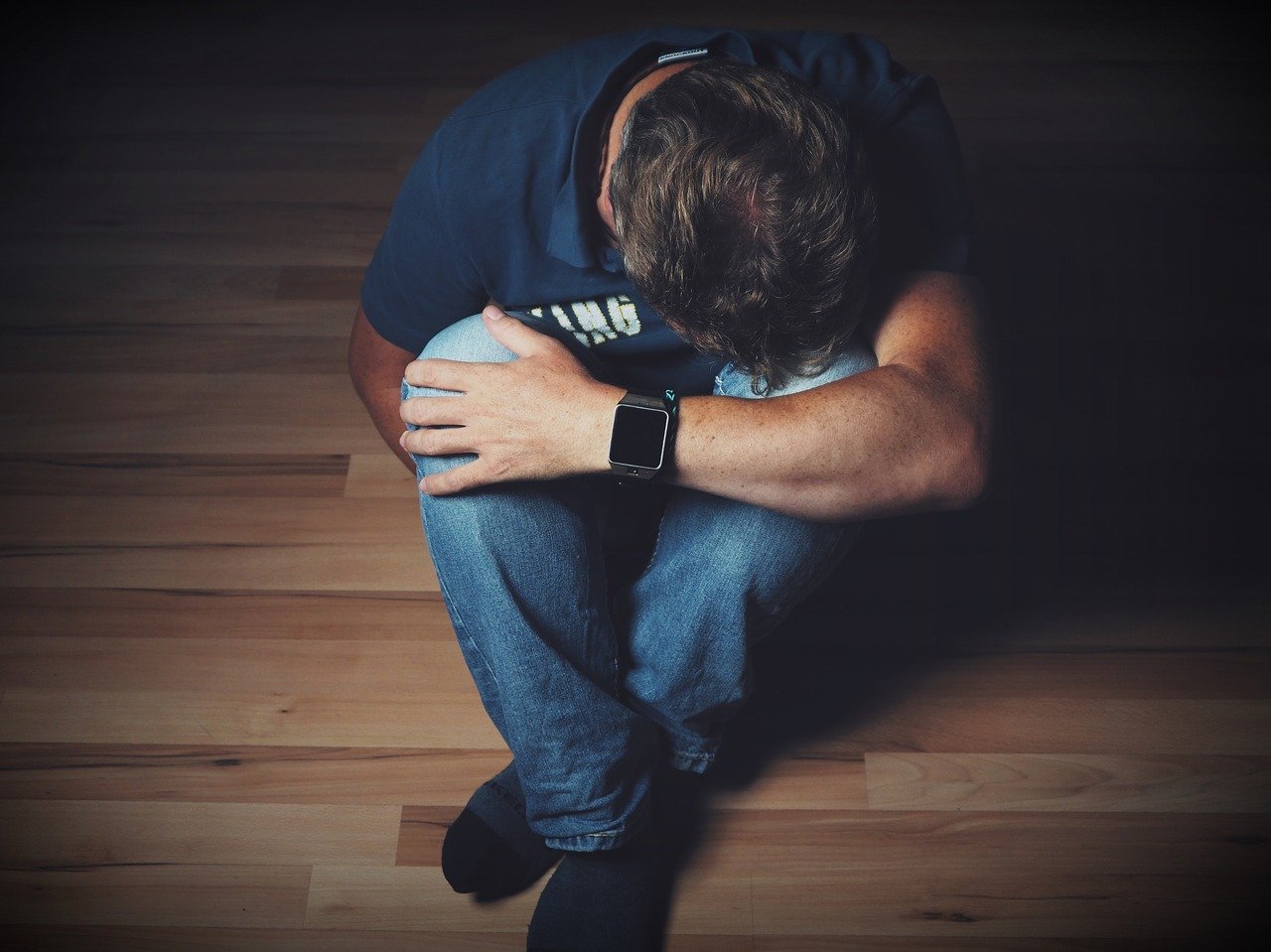
Anxiety is what we feel when we are worried, tense or afraid – particularly about things that are about to happen, or which we think could happen in the future.
Anxiety is a natural human response when we feel that we are under threat. It can be experienced through our thoughts, feelings and physical sensations.
Most people feel anxious at times. It's particularly common to experience some anxiety while coping with stressful events or changes, especially if they could have a big impact on your life.
Anxiety can become a mental health problem if it impacts your ability to live your life as fully as you want to. For example, it may be a problem if:

Depression is a low mood that lasts for a long time, and affects your everyday life.
In its mildest form, depression can mean just being in low spirits. It doesn't stop you leading your normal life but makes everything harder to do and seem less worthwhile. At its most severe, depression can be life-threatening because it can make you feel suicidal.
We all have times when our mood is low, and we're feeling sad or miserable about life. Usually these feelings pass in due course.
But if the feelings are interfering with your life and don't go away after a couple of weeks, or if they come back over and over again for a few days at a time, it could be a sign that you're experiencing depression.

Bereavement is the experience of losing someone important to us. It is characterised by grief, which is the process and the range of emotions we go through as we gradually adjust to the loss.
Losing someone important to us can be emotionally devastating - whether that be a partner, family member, friend or pet. It is natural to go through a range of physical and emotional processes as we gradually come to terms with the loss.
Bereavement affects everyone in different ways, and it's possible to experience any range of emotions. There is no right or wrong way to feel. Feelings of grief can also happen because of other types of loss or changes in circumstances, for example:

Going through very stressful, frightening or distressing events is sometimes called trauma. When we talk about emotional or psychological trauma, we might mean:
Traumatic events can happen at any age and can cause long-lasting harm. Everyone has a different reaction to trauma, so you might notice any effects quickly, or a long time afterwards.
If you've been affected by trauma, it's important to remember that you survived however you could and are having common, normal reactions.
